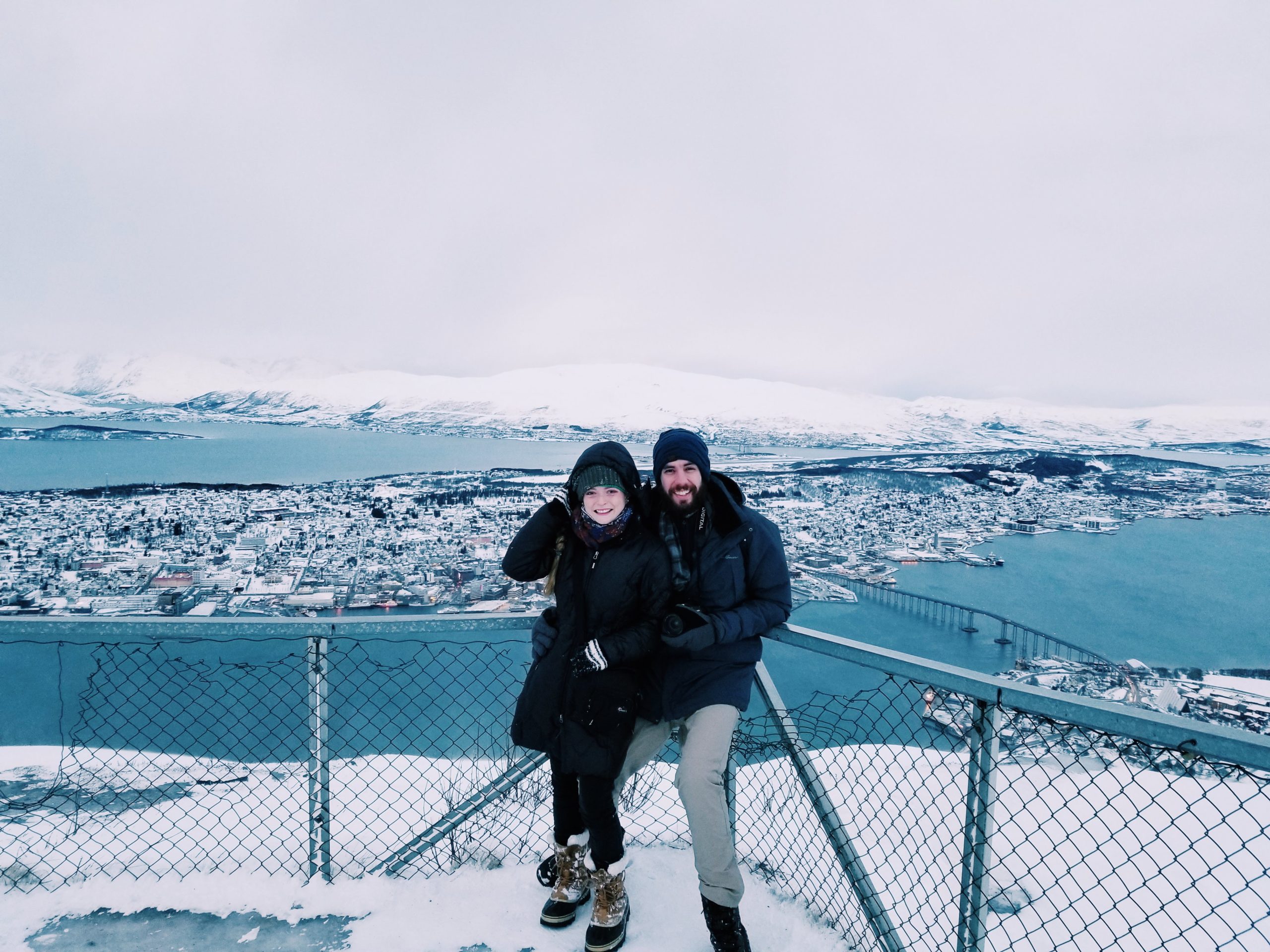
Last year, my partner and I spent some time in Norway. It was a last minute trip with which I surprised him. Seeing that the flights were really affordable and that it happened to be prime time to see the Northern Lights, I bought the tickets and figured out the details later. We ended up traveling all over Scandinavia, but we spent more time in Tromso to see nature’s light show. It is at the top of Norway, and happens to be the most visible place to see the Northern Lights on the planet. We met wild reindeer, ate stew over an open fire in the fjordlands, went through an insane arctic storm, and most notably, met some incredibly kind and impactful people. We still talk about them, and we learned so much from our time with them.
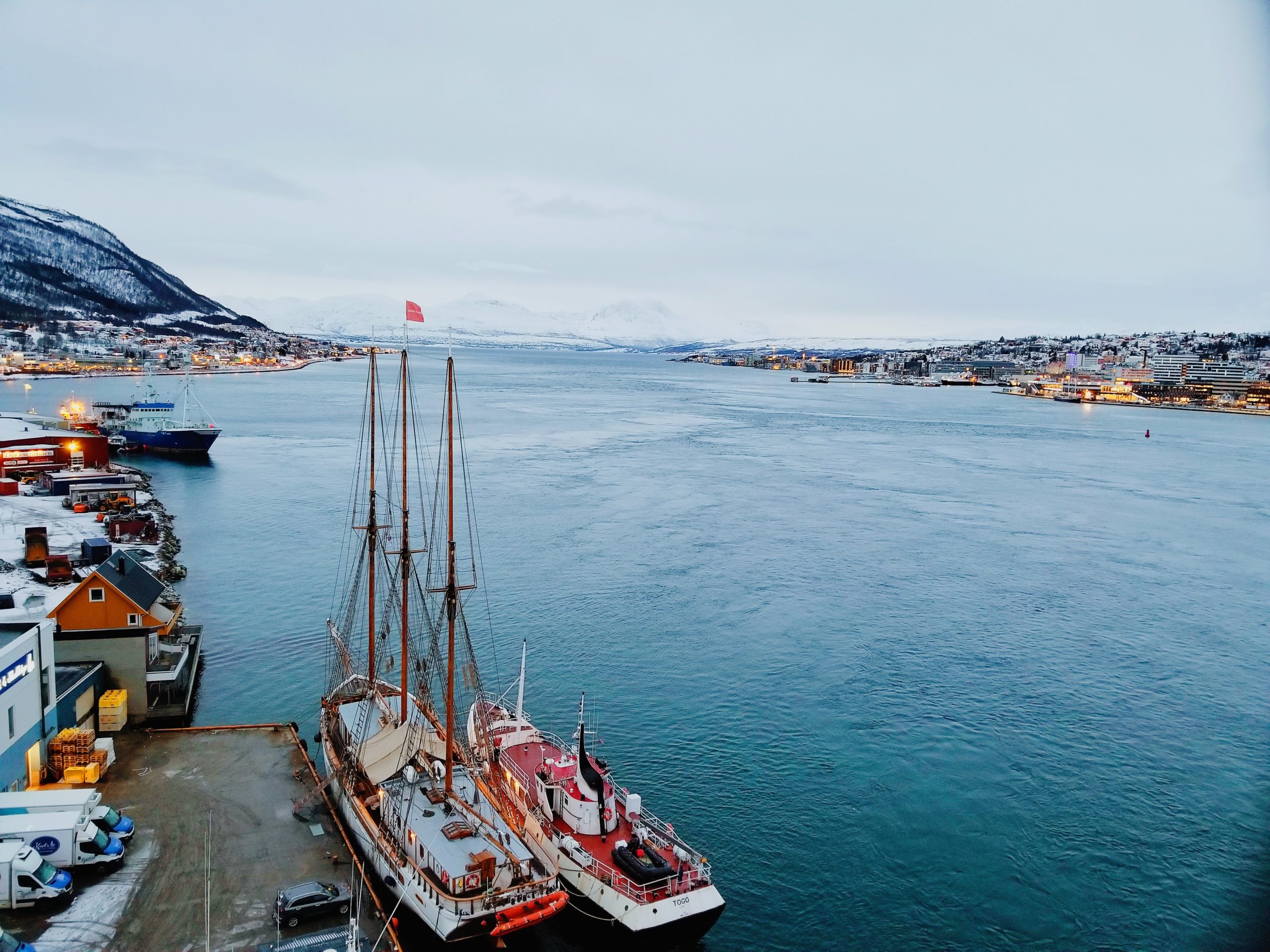
During our time there at the top of the planet, the Norwegian people brought us so many life lessons on how to live well, because despite 24 hours of darkness they were thriving. Here are the three most profoundly important things I learned from them:
1. To fully embrace the Earth and environmentalism, you have to embrace the natural cycles of things.
While I’m sure some Norwegians hate the dark months, everyone we met while there loved them. They spoke of such beautiful ideas like the darkness helping them to appreciate the lighter months, and how having such a visual set of seasons helped them to understand the Earth and how it worked. It helped them to bond with the seasons, and comprehend what it means to be a part of this world. Things begin and things end. That’s always been how it’s worked, and it always will be that way. Autumn trees, brilliant with color and light, subside to bare branches and snow-frosted bark. One could see that as a death or as a tragic end, but the Norwegian people don’t see it that way. They see what those snowy trees bring to the table, not what they take away. I’ve never met a people more accepting and excited about the seasons, and yet they live in a place where that should be the most challenging. It blew me away to hear about how they love the dark months because they can slow down like the Earth and spend more time in contemplation and hibernation of sorts. It showed me what it truly looks like to be one with the planet, and what it means to embody nature.
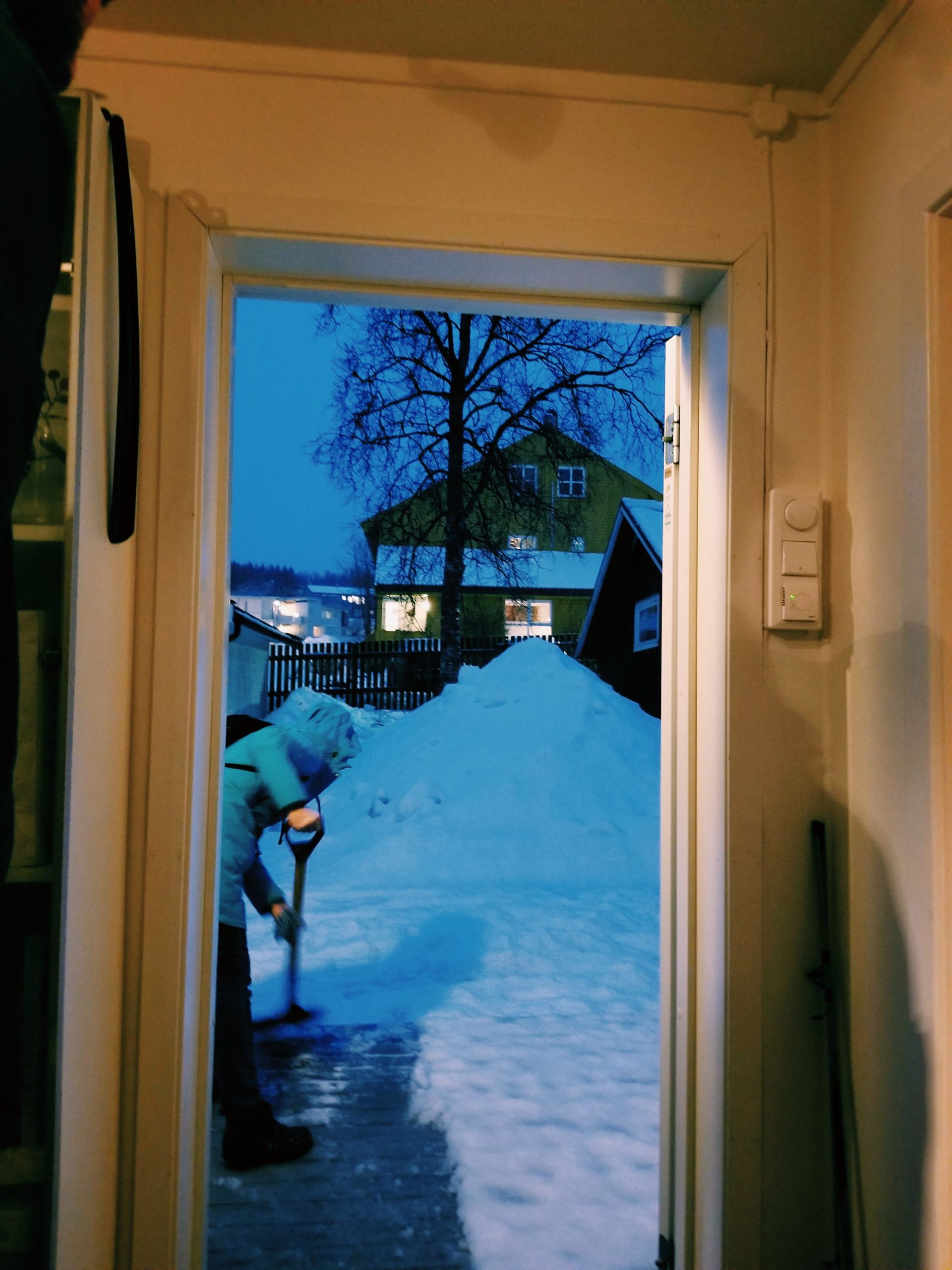
This was our host—a lady named Hilde. She wouldn’t let us help her shovel the snow because she used it as her exercise in the winter. Even her exercise routines were built around the seasons.
2. Embracing the bounty of where you live can bond you to the Earth and to your place in the ecosystem.
Just because a place isn’t in the tropics doesn’t mean that it’s not filled with fruit and plant life. Every geographic region is different, and while people may not think of thriving humans and plentiful harvests when they think of the arctic, the fact is that all of that is very much bound to this land. The arctic region may not be a jungle, but it’s splashed with pine forests, lingonberries, blueberries, meadows, fjords, mushrooms, mountains, and so much more. There is so much to be sustained with, both in body and soul. The forests offer the most incredible and holistic places to breathe, recreate, and get in touch with the Earth. The wild berries and mushrooms are flavorful and bursting with nourishment and vitamins. Up there, the people understand that and use what they have. They don’t try to ship in mangos and live in a way that’s incompatible with their land. The woman who hosted us in her cottage didn’t serve us heaping plates of melons and citrus fruits. She served us bread she made from local ingredients, spread with jam she had made from harvesting the lingonberries outside her house and freezing them for the winter. Not only was this a testament to the plants and indigenous species that surround her, but it was a beautiful tribute to working with the seasons. She knew berries don’t grow through snow, so before the snows hit, she harvested her fruit and froze them for the winter. She didn’t need to ship in faraway species. She was prepared, and worked closely with the land. That’s the norm up there. They understand the beauty of it, but they mainly understand that as an animal of Earth ourselves, if we want to thrive here, we need to work with the natural cycles and not try to defy them.
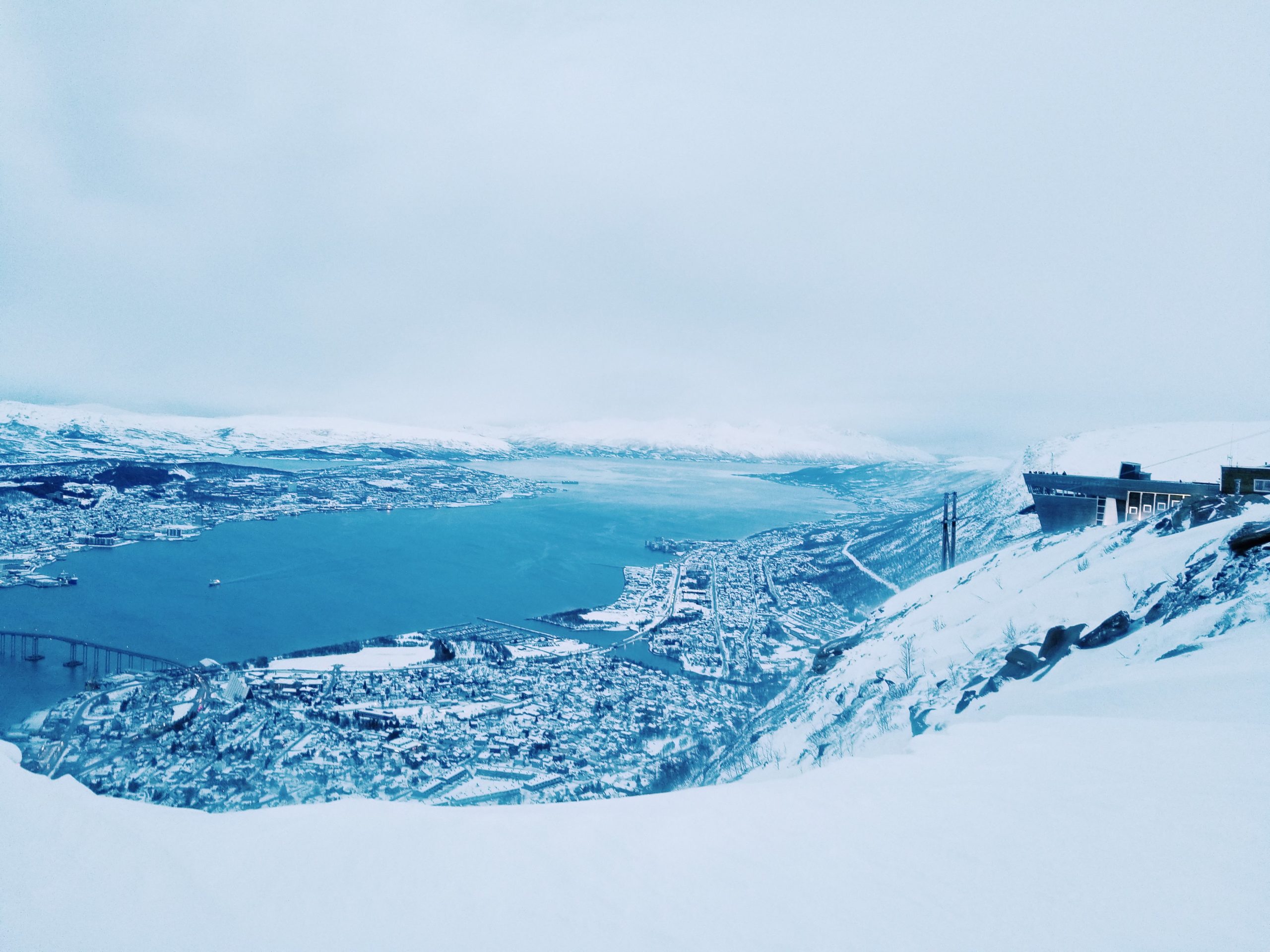
3. Conversations should be meaningful, and if they’re not, don’t have them.
In Norway, no one makes small talk with strangers. This is one of the reasons that Nordic people in general come off as rude to Americans, but after spending a fair amount of time with people from all different Nordic countries, I beg to differ. They’re not rude. They’re just real. Rather than making meaningless small talk with strangers, or asking “How ya doin?” as they pass you, not waiting for the answer, they only speak when something matters. They’re comfortable with silence, and don’t feel the need to fill some void with noise. It felt so genuine, and when strangers did speak to you, you knew it was because they actually care about what you have to say. You stand in a line, at a crosswalk, at a front desk, wherever, and there won’t be small talk. There will be silence or an actual conversation of substance. There is no in between, and I loved it. I felt like every interaction was purposeful, and I found myself being more genuine in my interactions with people. That’s not to say I was cold, but rather than being fake nice or asking questions that I didn’t care about the answers to, I’d decide within myself what I truly want to say to every person I interacted with. I’ve still carried this with me here in America, and I’ve found it makes me feel more connected to strangers than I felt when I was mindlessly asking how they are. Now I ask how their day went, how they like their job, and things that I actually am curious about, or I don’t talk. Growing accustomed to comfortable silence has built a lot of confidence, and it’s made me feel in charge of my choices. Norwegians embrace these benefits, and as a result they may be misunderstood, but they are some of the most confident, genuine, sincerely kind people one will ever meet. If they want to get to know you in the elevator, you better believe they’ll be asking about your childhood and your biggest fears in life. If it’s too quick of an interaction to talk about those things, they feel there’s no reason to fake a conversation. Practicing this in my own life has really taught me the value of good conversation, and it’s made me become genuinely interested in the lives of others in a way I never was before when I’d interact mindlessly with them. In a strange way, choosing conversations more intentionally has made me feel more open.
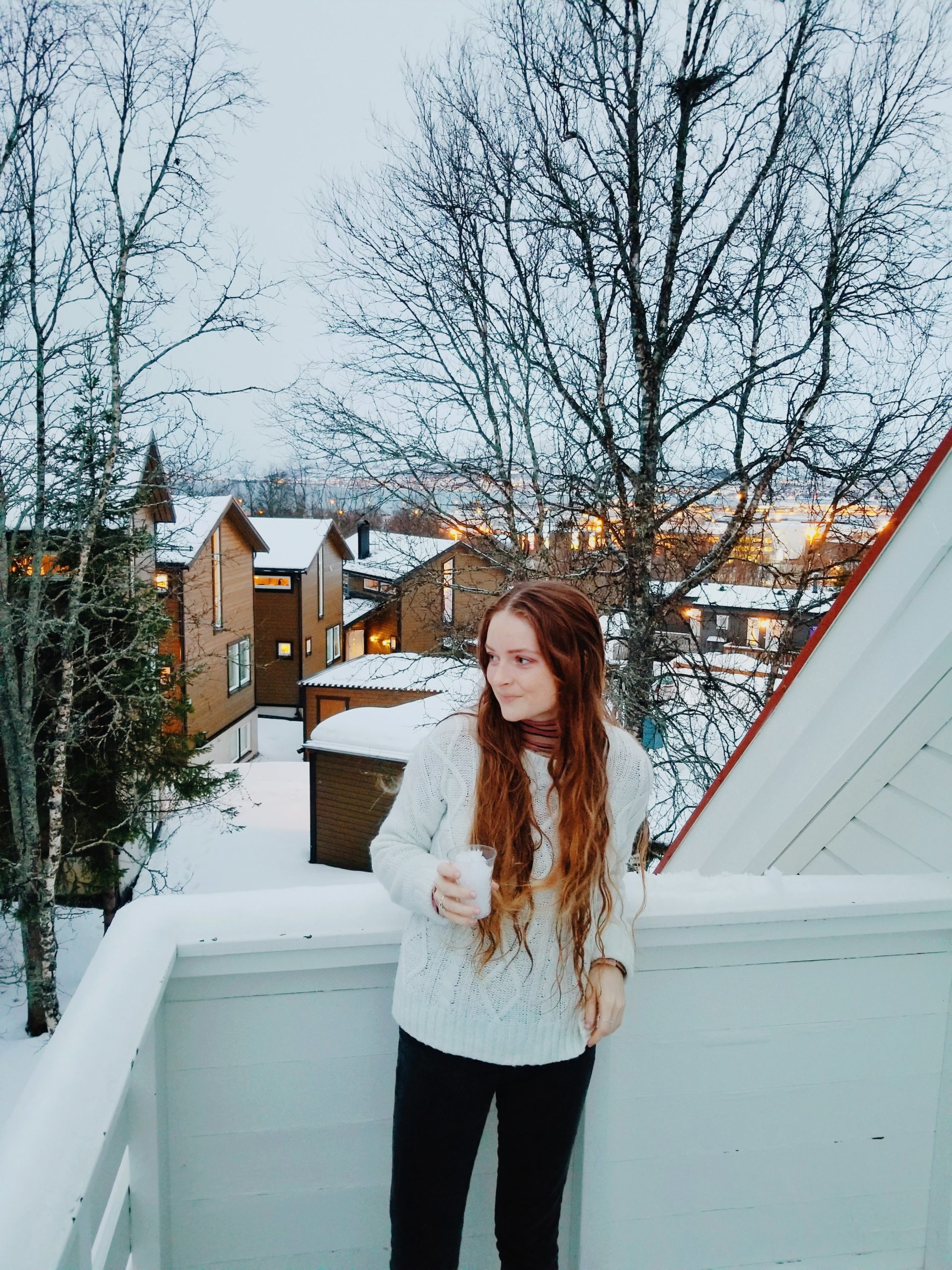
Norway is a beautiful place in the north, but more importantly, it’s filled with wisdom. I wish people could see that, and understand that the people up there aren’t harsh, cold, or rude. They’re purposeful in their lives, bonded with nature, and absolutely genuine. While few end up going to Norway, and fewer end up leaving Oslo, I hope that those who do make it there (after COVID-19) will pay attention to how the people live with so much intention. It’s life changing.
Also by Emily: 10 Life Lessons I Learned From Brazil While Living On The Brazilian Coast
Why The Icelandic Lifestyle Is A Blueprint For Happiness
Get more like this—Sign up for our daily inspirational newsletter for exclusive content!
__
Photo: Emily Iris Degn




